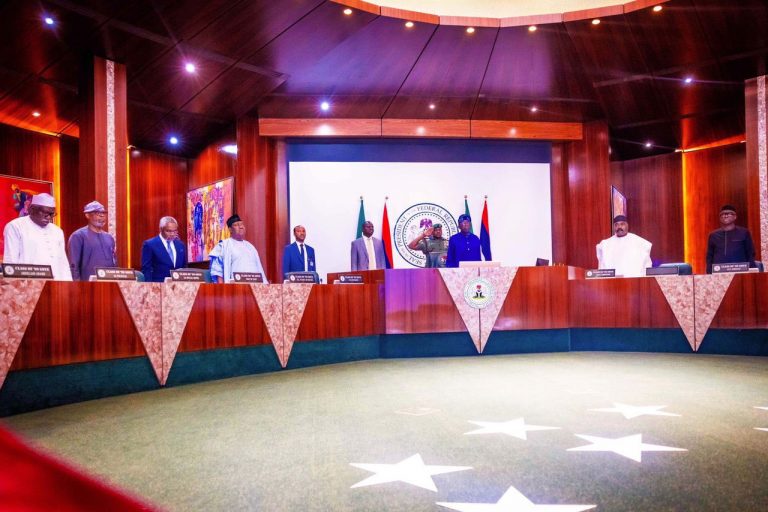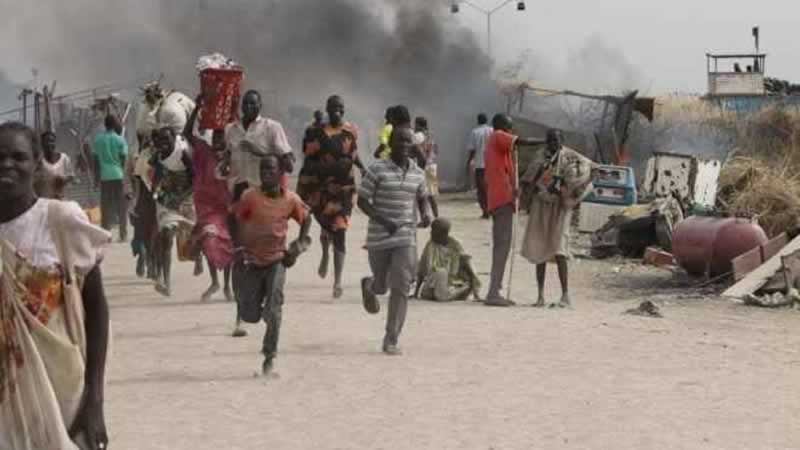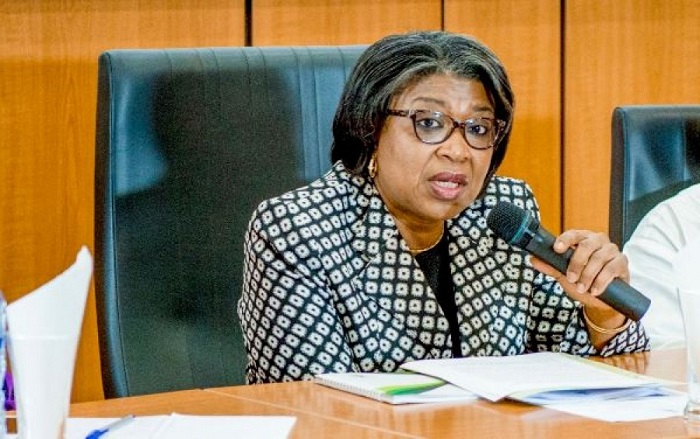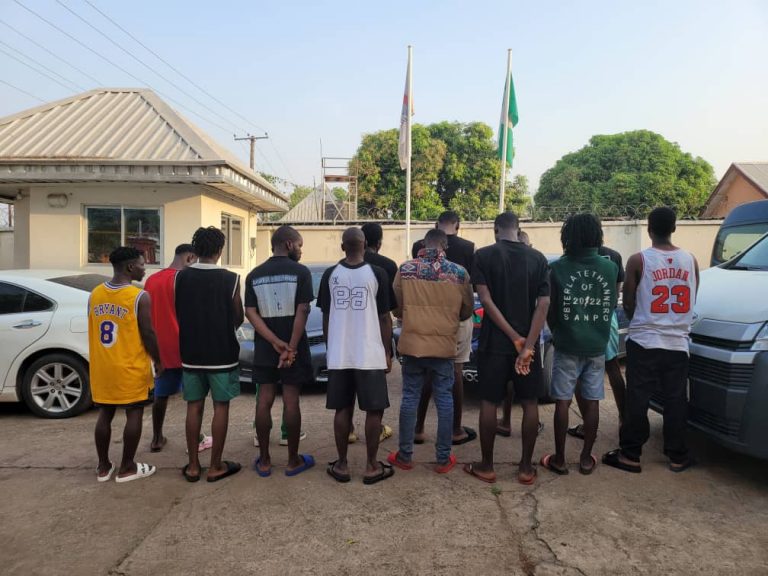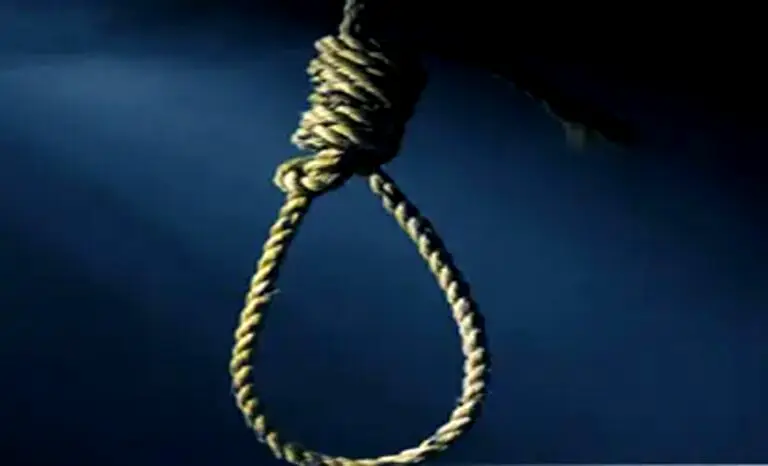Tinubu, governors, others meeting over food crisis
President Bola Tinubu is currently meeting all 36 state governors under the auspices of the Nigeria Governors’ Forum at the Council Chamber of the Aso Rock Village, Abuja. The…
Report: Dangote refinery to export two cargoes of fuel
Dangote oil refinery has issued Nigeria’s tenders to sell its first two fuel cargoes for export. According to a report on Wednesday by Reuters, the cargo is the first…
NBA asks Tinubu to declare state of emergency on insecurity
The Nigerian Bar Association (NBA) has asked President Bola Tinubu to declare a state of emergency on the insecurity in the country. Speaking to journalists in Abuja on Wednesday,…
FG to borrow N2.5trn through bond, says DMO
The Debt Management Office (DMO) has said that the Federal Government is seeking to raise N2.5 trillion in its second bond auction of the year. In a circular issued…
Students loan scheme will keep beneficiaries in permanent debt -ASUU
The Academic Staff Union of Universities has said the proposed education loan scheme will keep students in permanent debt. According to a statement on Thursday after its National Executive…
EFCC arrests suspected internet fraudsters in Makurdi ‘yahoo academy
Operatives of the Economic and Financial Crimes Commission, on Wednesday, arrested 14 individuals suspected of internet fraud at a “Yahoo Academy” in Makurdi. According to a statement on the…
FG discontinues treason case against Sowore
The Federal Government has declared its intention to discontinue the treasonable felony case instituted against the publisher of Sahara Reporters, Omoyele Sowore. The development was made known in a…
Man to die by hanging for killing one-year old son in Enugu
Enugu State High Court has found a man, Okolie Chigozie Michael, 32, guilty of unlawfully killing his son. He committed the offence when he was 28 year-old in 2020.…
Nigeria Sitting On Keg Of Gunpowder – Sultan of Sokoto
The Chairman, Northern Traditional Rulers’ Council and Sultan of Sokoto, Alhaji Muhammad Sa’ad Abubakar lll, on Wednesday, decried the deteriorating socio-economic as well as insecurity ravaging the country. Abubakar…
18-year-old bags two-year imprisonment for $500 fraud
Justice Ismail Ijelu of an Ikeja Special Offences Court on Wednesday sentenced an 18-year-old Secondary School Certificate (SSCE) holder, Henry Bilabi to a two-year imprisonment for impersonating on Tiktok…
DAILIES TOP STORIES: Tinubu, govs meet over food crisis as emirs, NBA lament hardship
Thursday 15 February 2024 Flying Wigwe, others in bad weather wrong – US aviation lawyer Technical glitch threw 14 Ogun communities into darkness – IBEDC Benue residents lament increase…
Delta CP removes senior officer over N2.4m extortion
The Delta State Commissioner of Police, CP Abaniwonda Olufemi, has ordered the removal of a Divisional Crime Officer at the Abraka Division, SP Ibrahim Ishaku, over an extortion case…
We’re trying to address looming ASUU strike – Presidency
THE Presidency on Wednesday said that the government was making frantic efforts to avert the planned strike by the Academic Staff Union of Universities, ASUU. The Presidency also…
60 Reps propose change from presidential to parliamentary system
Sixty House of Representatives members on Wednesday proposed a bill to amend the 1999 Constitution of Nigeria and return the country to a parliamentary system as a replacement for…
BREAKING: FG Can’t Continue To Pay Electricity Bill — Power Minister
The Minister of Power, Adebayo Adelabu, says Nigeria cannot continue to subsidise electricity, adding that the nation must begin to move towards a cost-effective tariff model, as the country…

